Sustainable Cities with Patricia L. McCarney & Manuel Pila
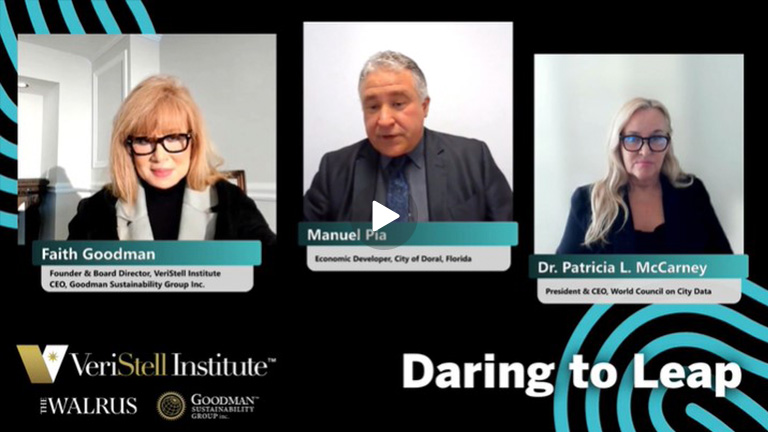
The World Council on City Data – Briefing Document that provides a good overview of the WCCD’s ISO 37120 Series of certifications. The City of Doral has received
certifications for ISO 37120 (Global Indicators for Sustainable Cities) and ISO 37122 (Global Indicators for Smart Cities). Doral now working on ISO 37123 (Global Indicators for Resilient Cities). City of Doral required to provide quite a
verifiable data that can be shared with investors that want to take a deeper dive into our economy, demographics and municipal practices. The WCCD compares the data from each of the certified cities in a proportional manner to help place city in a global context.
Why is “C-Suite Conviction” a critical underpinning for ESG & Impact? An Interview with Harald Walkate
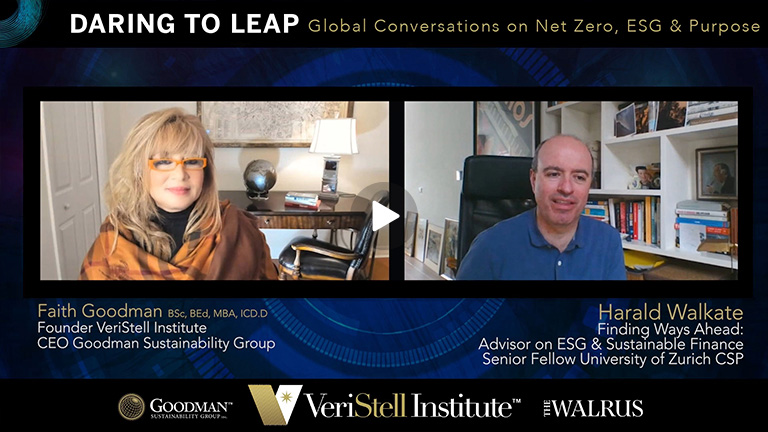
The ESG and Impact Debate – where is the new frontier and why does it matter? What role does ‘Leadership Conviction” play in quest & momentum for Net Zero, ESG & Purpose Impact?
Interview with Daniele Zanotti, United Way of Greater Toronto and Jonathan Hackett, BMO
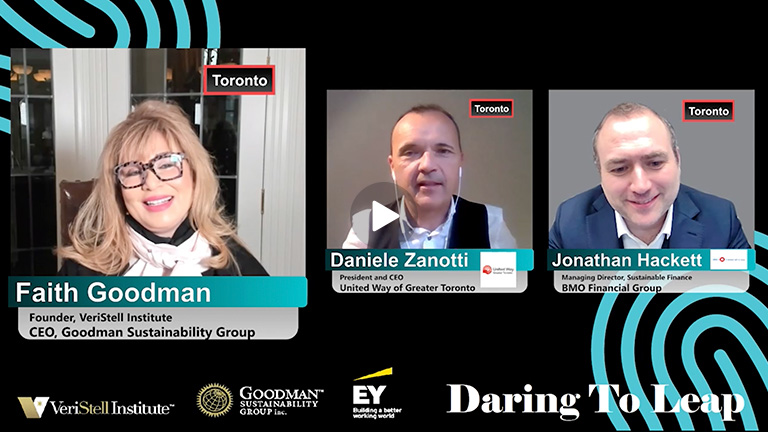
One of the new realities of corporate sustainability is the recognition that creating both shareholder value and societal value will come through recalibration of relationships with NFP’s and community groups. This means that corporations will take on a co-create model with NFP’s with joint efforts to find solutions that are efficient, effective and best for the communities they serve. The principles and frameworks for these new models have been tested in a unique relationship between BMO and the United Way of Greater Toronto – the largest Charity in Canada. We are thrilled to hear about how this works, why it works so well and what we can learn going forward.
For reference and of worthy note, BMO was recently ranked one of the world’s most sustainable companies in the world on the Dow Jones Sustainability Indices – one of only five companies in Canada (DJSI) and one of only two North American Banks.
Investor Lens with Michael Kelly & David Rutherford
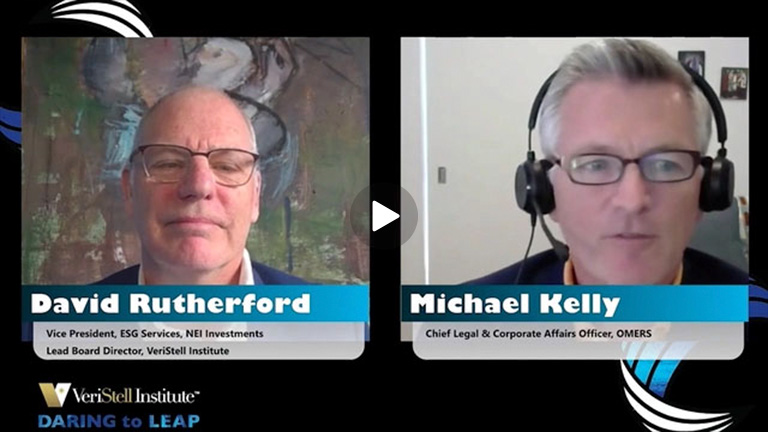
Corporations are moving to implement enhanced strategies for “S” in
ESG as society demands better performance from firms. The issues are
increasingly complex and challenging to measure. The investor
community on the other hand remains interested in transparency, timely
disclosure, consistency and measurable progress. Both sides are dealing
with inherent gaps given the nature of the emerging issues on “S”.
The challenges of the “S” are material however they do not necessarily
lend themselves to quantitative analysis: labor practices, relevance and
robustness of government and community relations, future of work,
employee relations, diversity and inclusion, supply chain sustainability,
data and cyber, health and safety, broad categories of social inequality
and inequities – all impacting risk and valuations. The emerging frontier
of Corporate Purpose is an additional layer of ambiguity – currently
lacking a common standard for measurement.
This discussion will illuminate principles for consideration that can
enable progress in the short term. Firms delivering real action and
investors evaluating with reliable and timely information.
Interview with Daniele Zanotti, United Way of Greater Toronto
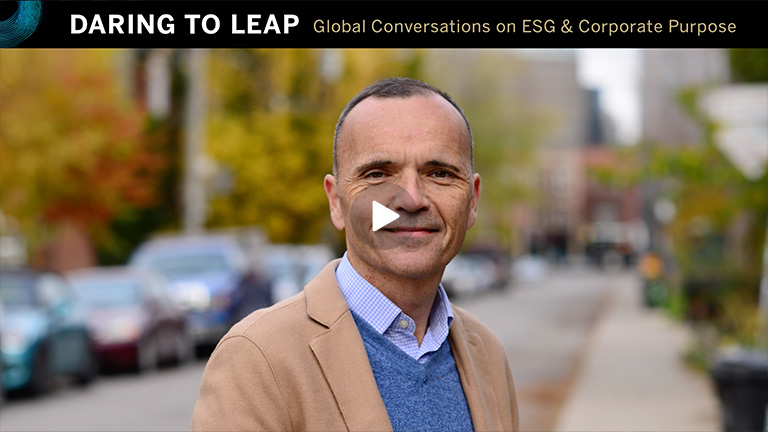
Trust is the new currency for Corporations. As firms consider ESG & Corporate Purpose how does stakeholder trust fit into shareholder value creation? What did the Deloitte report on Trust unveil? Why do the findings matter for ESG & Corporate Purpose global adoption? What builds and sustains trust? How do you deconstruct the core elements to ensure widespread corporate adoption? The Deloitte Millennial surveys continue to point to significant societal shifts – what does this mean for CEO’s and Boards – and the building of stakeholder trust? What is the first step? What happens if we don’t take the leap?
The latest business essential? Social purpose

Now that companies are used to setting environmental, social and governance goals, they face an even greater mission, Jeff Buckstein writes